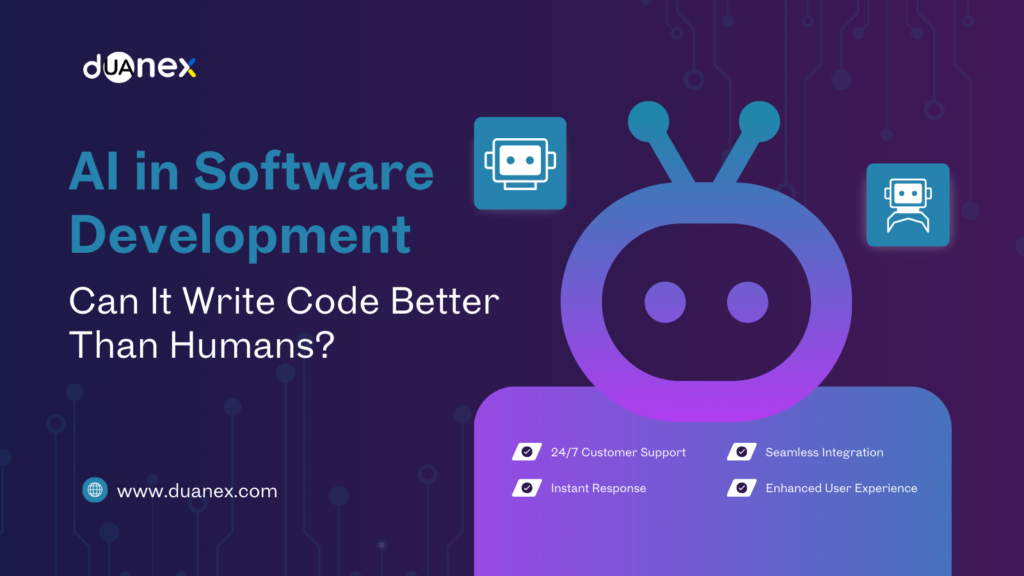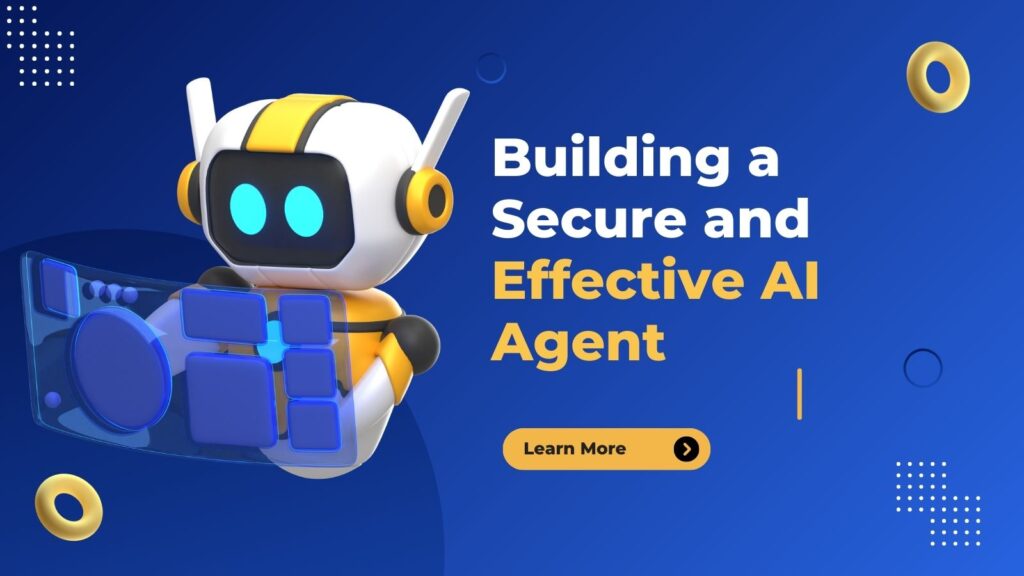How to Create a Transportation App: Features,
Price, and Implementation Steps
29 Aug 2023
18 min

CTO

Technical Writer
The rapid evolution of artificial intelligence (AI) has sparked a revolution across industries, and software development is no exception. From automating repetitive tasks to generating complex code snippets, AI has shown potential to accelerate development processes. But the million-dollar question looms large: Can AI write code better than humans? Whether applying the best coding AI tools like GitHub Copilot, Google’s DeepMind, and advanced language models, can it surpass human developers in terms of writing quality code?
This comprehensive guide will walk you through the capabilities of AI in coding, its strengths and limitations, real-world applications, and what it means for the future of software development.

Introduction to AI in Software Development
Traditionally, software development has been a highly human-centric field. Developers, armed with programming languages, frameworks, and tools, spend hours writing, debugging, and optimizing code. With the rise of natural language processing (NLP) and machine learning (ML), automation and intelligent assistance into the development process came into the play.
AI in software development takes many forms, including code generators, intelligent code completion, bug detection systems, and even fully autonomous development systems. These AI tools have been trained on vast datasets of code, learning from patterns and structures to assist or even perform tasks that were once solely the domain of human developers.
The Role of AI in Code Writing
The best coding AI tools can be classified into two broad categories:
-
- Code Generation: AI models like OpenAI’s Codex, used in GitHub Copilot, can generate code based on a developer’s input. By understanding natural language instructions or partially written code, these tools can produce complete code snippets or even entire functions.
- Code Assistance: Tools like IntelliCode, also by Microsoft, provide intelligent code completion, suggesting the next line of code or possible functions based on the context. These tools can speed up development by reducing repetitive tasks and helping developers avoid errors.
But how do these tools compare to human developers in terms of writing code?
AI’s Strengths in Coding
AI is not about replacing humans, it’s about augmenting human capabilities. Here are some of the key advantages the best AI coding tools bring to software development:
Speed and Efficiency
AI can write code in seconds that might take a human developer minutes or hours. Need a quick script to process a CSV file? AI’s got it covered. This speed is invaluable for prototyping, scaffolding projects, or meeting tight deadlines.
Consistency
Unlike humans, AI doesn’t get tired or distracted. It applies the same level of precision to every line of code, reducing sloppy errors like forgotten semicolons or mismatched brackets.
Vast Knowledge Base
Trained on diverse codebases, AI can pull solutions from languages and frameworks a single developer might never encounter. It’s like having a polyglot programmer who’s seen every GitHub repo ever pushed.
Error Reduction
AI can assist in reducing human errors. While experienced developers make fewer mistakes, they are still prone to errors due to fatigue, oversight, or complex problem-solving. AI, by contrast, can instantly analyze large amounts of code and catch potential bugs, syntax errors, or inconsistencies. Moreover, AI tools are able to scan through codebases for code smells, which are patterns that could indicate problems like poor design or inefficient logic.
Learning from Context
Modern AI tools adapt to your project’s codebase. Feed it your company’s style guide or existing code, and it’ll mimic your team’s conventions, making integration seamless.

Where Humans Still Reign Supreme
Despite of vast benefits, even the best coding AI tools cannot replace human developers. Let’s explore where and how human developers outperform AI.
Creativity and Innovation
Coding isn’t just about syntax—it’s about solving problems creatively. AI can replicate solutions it’s seen, but it struggles to invent novel approaches. Designing a groundbreaking algorithm or architecting a scalable system requires human ingenuity.
Contextual Understanding
AI lacks true comprehension of a project’s goals, user needs, or business constraints. Ask it to build a feature, and it might deliver technically correct code that misses the mark functionally. Humans excel at interpreting vague requirements and asking the right questions.
Debugging Complex Issues
While AI can spot syntax errors or suggest fixes for common bugs, it falters with intricate, system-level problems—like race conditions in multithreaded applications or performance bottlenecks in distributed systems. Human intuition often cracks these cases.
Ethics and Judgment
Software impacts lives, and humans bring ethical considerations AI can’t grasp. Should an app prioritize speed over privacy? How do you balance technical debt with delivery timelines? These decisions require human values, not just data.
Collaboration
Development is a team sport. Humans communicate, debate trade-offs, and align on shared goals—skills AI hasn’t mastered. An AI might write perfect code in isolation, but it won’t join your stand-up meeting.
Real-World Applications: AI in Action
Let’s look at how AI is already reshaping software development in 2025:- Code Completion and Suggestions. Tools like GitHub Copilot and JetBrains AI Assistant are staples in IDEs, offering real-time suggestions that boost productivity. Studies show developers using these best AI coding tools complete tasks up to 55% faster.
- Automated Testing. AI-driven platforms like Testim and Mabl generate and maintain test suites, catching regressions before they hit production. This reduces the testing burden on QA teams.
- Code Review and Optimization. Tools like DeepCode and SonarQube use AI to analyze code for security vulnerabilities, performance issues, and adherence to best practices—often spotting flaws humans miss.
Can AI Write Code Better Than Humans?
AI can undoubtedly assist in writing code, and in some cases, it can even write code faster and with fewer errors than a human. However, AI currently cannot replace the creativity, context, and problem-solving skills of human developers. AI tools proved to augment human abilities rather than replacing them. By handling repetitive or tedious tasks, AI allows developers to focus on more complex, higher-level activities, such as designing systems, making architectural decisions, and understanding user needs. Furthermore, the quality of AI-generated code often depends on the quality of the input from the developer. If a developer provides clear, well-defined prompts, AI tools can generate code that meets high standards. So, can AI write code better than humans? Not quite. It’s faster, more consistent, and tireless, but it lacks the creativity, judgment, and logic of human developers. The real magic happens when AI and humans team up—combining machine efficiency with human insight. As we move deeper into 2025 and beyond, the question isn’t “Who’s better?” but “How can we work together to build software that’s faster, smarter, and more impactful?”
